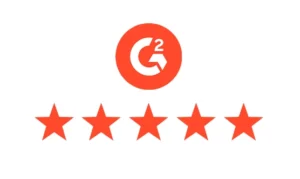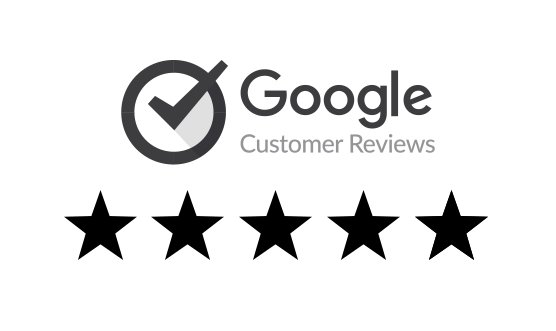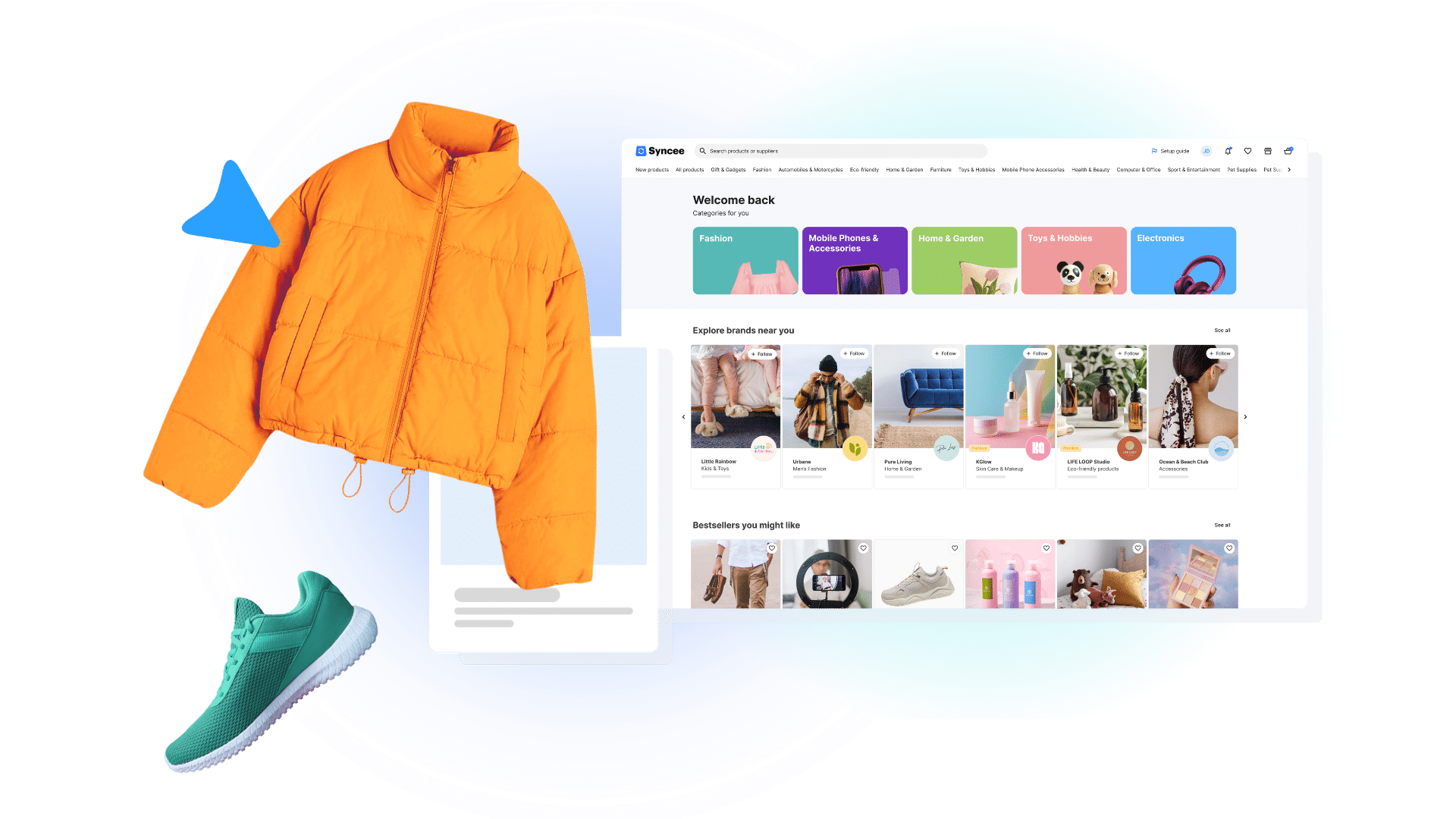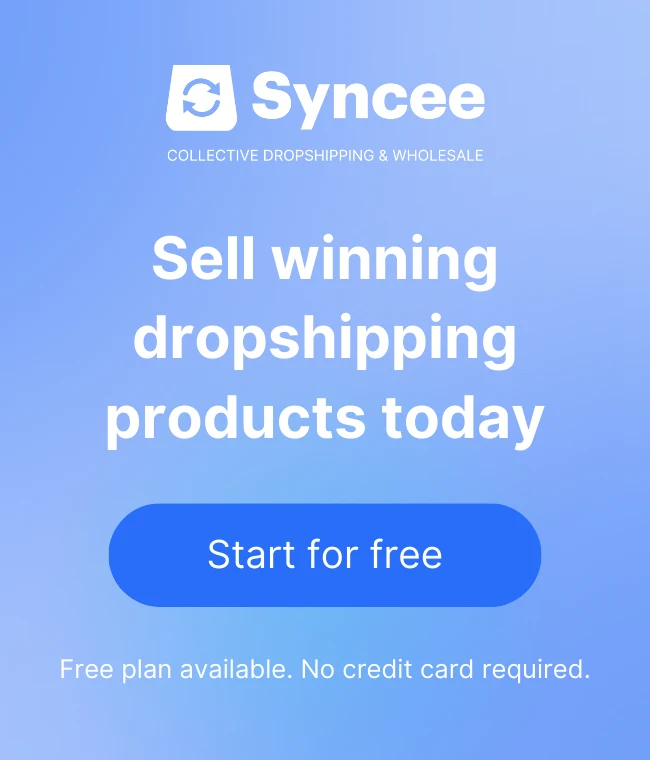As a business owner, it can be hard to find and make contact with new suppliers for your business, but here are some pieces of advice that can help you with it.
When you establish your business and start to work with the drop shipping method, it is important to do it well. You can choose from different types of drop shipping, but if you want to run your business successfully for a long time putting just a small amount of money in it, as a retail company you better work with real suppliers and sell their products to your customers. It can be hard to find – the best – suppliers for your business. However, here below you can get to know how you can make contact with new suppliers.
Overview
As a new or established business owner, before considering to make contact with new suppliers, it is important to identify your target market in terms of customers and the products that are most likely to meet your customers’ demands. Your customer is a great source of your success. This can be useful by monitoring what they are actually buying from your competitor or even sharing their thoughts on what products they are looking for. This information can be gathered using a different method which we shall be happy to share in another blog post “How to know what Products to Sell”.
Suppliers and vendors – the terms are used interchangeably here – can do much more than merely supply you with the materials and services you need to do business. They can also be important sources of information, helping you evaluate the potential of new products, track competitors’ actions and identify promising opportunities. Contact with new suppliers. Vendors can turn into partners, helping you cut costs, improve product designs and even fund new marketing efforts. If you don’t make selecting good suppliers and vendors a part of your growth plan, you will certainly regret it in the long run.
How to make contact with new suppliers? Contacting a new supplier may seem to be somewhat hard to do but it is very easy if you are using the right method to do so. In this blog post, we are going to share with you some ideas on how to make contact with new suppliers.
First, here are some things to take into consideration when selecting a new supplier:
Evaluating your supplier
Before you contact with new suppliers: suppliers can be broken down into two categories as seen below.
- Manufacturers: Some suppliers often work with sales representatives who handle the wares of several different companies in order to make it easier for retailers to buy through these reps. Prices from these sources are usually lower unless the retailer’s location makes shipping freight costly.
- Distributors: Distributors, also known as wholesalers, buy in bulk from several manufacturers and then warehouse these goods for sale to the retailers. Prices from distributors may be higher than a manufacturer’s however, they can supply retailers with small orders from a variety of manufacturers.
What makes a good supplier?
In the drop shipping business today, where the supplier is a major player in the sales process, it is important to work with the best or well-known suppliers and make contact with new suppliers efficiently.
A few examples of attributes that make a good supplier is seen below:
1. Organization and Efficiency
Top players in the game know that good suppliers need to be well-organized and very efficient in the process. To know how organized a supplier is, it will be important to run some test orders in order to get an idea of how the supplier operates. For example, how to handle the order process, how quick the items are shipped out. Also how rapidly they follow up with tracking information and invoice, the quality of the packaging when the item arrives, etc.
2. Technological investment
A supplier who invests heavily in technology and knows how important technology is makes it worth to work with them. It’s great to contact with new suppliers like them. From a well-built website to a comprehensive online catalog, customizable data feeds, etc. can make it easier for merchants to streamline their operations.
3. Dedicated support representatives
Quality suppliers should assign you an individual sales representative who is responsible for your regular activities. Without this system in place it becomes time-consuming to fix a problem since the process may take longer. Having a single supplier’s contact who’s responsible for solving your issue is really important.
4. Expert staff and Industry Focus
Good/Top suppliers have a team of knowledgeable sales representatives who understand the industry and also the product lines. If you are launching a store in a niche you are not overly familiar with, then it is important that your supplier should be able to avail representatives who can offer great advice in such instances. Establishing strong contact with new suppliers is crucial.
5. Centrally Located
Having a supplier who is centrally located means that in instances where your order have been placed and cleared from delivery, if your business is 2 ends apart from the supplier, orders may take over a week to have them received. Having the supplier in the center means your orders can be delivered in 2 to 3 days. Making contact with new suppliers in a central location can significantly improve your order fulfillment times and customer satisfaction.
6. Ability to take orders over e-mail or online systems
As this may seem minor, imagine how hard it would be to call in for every order to manually place the order on the suppliers website. This is where having a supplier who can easily take orders through e-mail or online systems makes it handy.
7. Stability
You’ll want to contact with new suppliers who have been in business for a long time and have done so without changing businesses every few years. A company that has long-tenured senior executives is another good sign. A solid reputation with other customers is a promising indicator that a company is stable. When it comes to your own experience, look for telltale signs of vendor trouble, such as shipments that arrive earlier than you requested them-this can be a sign of a vendor that is short on orders and needs to accelerate cash receipts.
How to Find Dropshipping Suppliers
There are a number of different strategies to use to get new parters, to contact with new suppliers. There may be many other methods to contact with new suppliers. Meanwhile, some may come handy and there are those that are not effective. The methods listed below are some of our favorite recommendations:
1. Contact the Manufacturer or Distributors
If you are aware of the kind of products you would like to sell, contact with new suppliers and asking for its list of wholesale distributors is highly recommended. The provision of such a list means you can contact the wholesalers and ask if they do things like drop shipping and setting up an account. This strategy gives you more insight on who are the best or leading wholesalers in your niche market.
2. Order from the competitor
This is such an old method and here is how it works. If you think you would like to know which wholesaler your competitor is working with, all you have to do is place a small order. When you receive the package, google the return address to find out who the original shipper was. In some cases, it will be a supplier that you can contact. You can try some attempts to see if it works and if it does not. Then do not rely on it too much. Well, sometimes it works but sometimes it doesn’t because it uses blind shipping. Establishing contact with new suppliers can be a strategic move.
3. Attend a Trade Show or Exhibition
Trade shows allow you to contact with new suppliers in your niche. This method only works if you’ve already selected your niche and product. Why this method is great is because you can get contacts and research your products and suppliers all in one spot.
4. Directories
Directories are a great source of making contact with new suppliers as contacts are taken through some sort of screening process to ensure the suppliers listed are genuine wholesalers. Many of these directories may require some charges in order for you to access them. An investment that is worth it, as it is a great source for brainstorming ideas for products to sell or niches to enter.
Since there are quite a number of supplier directories, here we are highlighting some of the most well-known supplier directories online where you can contact with new suppliers. These are only options, not endorsements from us:
Wholesale Central
They were established in 1996, have about 1,400 suppliers, 740,000 products. It is free to access. There’s no charge to search Wholesale Central for suppliers. It charges suppliers a fee to be listed and also display ads on its site. Much as we are recommending this as one of the sites to check, some of the suppliers we found on the site appeared to be retailers selling to the public at “wholesale prices”. And as thus, we want you to be a little more thorough with your diligence.
WorldWide Brands
They were established in 1999, they have over 10 million products, thousands of wholesalers. They charge a fee of $299 for a lifetime membership. Worldwide Brands is one of the oldest and best-known supplier directories. It advertises only suppliers that meet a set of guidelines to ensure legitimate and quality wholesalers. If you want a lifetime access to quality directory and you’re comfortable with a larger one-time payment, then this is the best recommendation for you.
Doba
They were established in 2002, they have over 165 suppliers, over 1.5 million products. They also charge a fee of $60 per month in order to get access. The beauty of Doba is that instead of simply listing suppliers, Doba’s service integrates with drop shippers allowing you to place orders with multiple warehouses using its centralized interface. Membership also includes a push-to-marketplace tool that automates the process of listing items on eBay.
SaleHoo
They were established in 2005, they have over 8,000 suppliers while offering a price of $67 per year.
This directory lists more than 8,000 bulk purchase and drop shipping suppliers. It seems to cater heavily to merchants on eBay and Amazon. This is also a great recommendation if you are comfortable with paying $67 annual price with a 60-day money back guarantee.
5. Forums
It is a bit old method but still works. There are a lot of forums, that you can find on the internet, which are about drop shipping. At places like these, you can contact with new suppliers. Other users are talking about them and the suppliers’ posts themselves. This is how you can get to know them.
6. Online product sourcing tools
You can use tools that help you in your business. With this method, you don’t have to search for suppliers. YOu can make contact with new suppliers easily on dropshipping and wholesale marketplaces like Syncee allows you to easily import products from suppliers directly into your Shopify store, and ships directly to your customers in just a few clicks.
Here are some features that aid the process:
- Import products from suppliers
- Suppliers fulfill orders
- Inventory and price auto updates
- Product customization
- Pricing automations
7. Google Search
Google has been a great resource for many as you have access to literally any kind of information you may be looking for. Much as this is a recommended way to find suppliers and contact with new suppliers, there are some rules to keep in mind:
- You have to search extensively: Since many wholesalers are terrible at marketing and promotion, they’re definitely not going to appear top on the search results depending on the nature of your search. This means you have to dig deeper through lots of search results.
- Don’t judge by the website: It is interesting how some of the best suppliers have poorly designed websites while those that are not good at all in business have very well designed websites. This means that if you come across a poorly designed website, this should not be a reason for the site to scare you off.
- Use Lots of Modifiers: There are moments when important information leading to a good wholesaler or supplier might be missed based on the kind of search, for example, do not stop at just “product wholesaler”. Using modifiers such as “distributors, reseller, bulk, warehouse and even supplier” may give you some good leads.
If you could contact with new suppliers you have found – you registered, downloaded and filled the given form – that’s the best. You can get in touch with Syncee immediately so that your work can become easier and more successful.
Sometimes it happens when you find a supplier and you want to make contact with new suppliers, you just don’t know if the supplier sells their products to other stores like you. You have to search for keywords on their sites like drop shipping, wholesale, shipping or data feeds.
Contact suppliers
What if they don’t have the files and information? That would be necessary for you to contact with new suppliers, you can make a phone call and simply tell them you want to partner with them. You like their products. Ask if they have the data you need. If they have already known anything about drop shipping or no – if no, you can introduce them to it. Or, you can see an e-mail sample below, that helps you to get in touch with them. Furthermore, you can invite them to Syncee if you want to use this automated dropshipping supplier.
“Dear Supplier,
I hope this email finds you well. I am (name), and I’m writing from the online store XY.
We are excited about your product line and believe it would be a great fit for our customers. We are interested in a potential partnership to offer your products in our online store. We are also exploring the possibility of using Syncee to streamline the product listing and order management process.
We would love to disucess this opportunity further and answer any questions you may have. Are you interested in working together?
Thank you for your time and consideration.
Best Regards,
name”
Do you also want to know how you can import new products into your Shopify store?
Methods to use:
- Manually
- Product sourcing tools
- Web scraper
- Using datafeed file
By understanding these methods, you can choose the best approach to efficiently import new products into your online store, boosting your profit. However, the most convenient way to find dropshipping suppliers and sell products is to find them on Syncee and work with them seamlessly, and enjoy the benefits of fully automated dropshipping tools. Want to learn more?
Start Syncee for free now and contact with new suppliers easily!



















